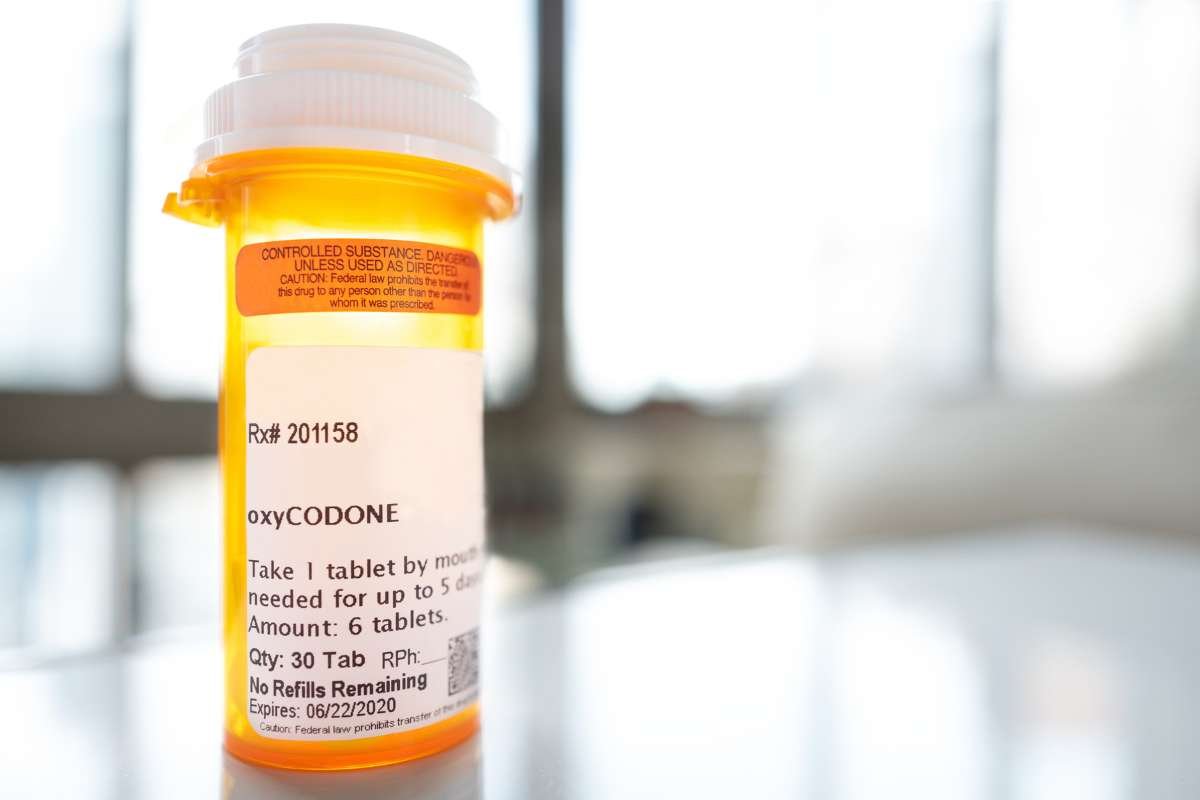Clinical trials are an essential component of evidence-based medicine because they examine the efficacy of novel medical treatments, diagnostics, and vaccinations. To ensure the safety and efficacy of a novel intervention, they frequently include huge numbers of participants. Decentralized clinical trials are an essential instrument for increasing medical knowledge and patient treatment.
Clinical research is conducted only when physicians don’t know whether a new approach is effective and safe in humans, or which treatments or strategies are most effective for certain diseases or populations.
Clinical trials are essential for discovering new treatments for diseases and new methods to detect, diagnose, and reduce the likelihood of contracting a disease. Researchers can learn from clinical trials what does and does not work in people that cannot be discovered in the laboratory or with animals. Clinical trials also assist physicians in determining whether the side effects of a new treatment are acceptable in light of the potential benefits. Researchers are unsure about the outcomes of clinical studies.
This ambiguity might make it difficult for a patient to determine whether or not to take part in a clinical study. Rarely, patient volunteers have been harmed by the therapy or procedure in a clinical study, but millions of individuals have benefited because others volunteered to participate in a trial that led to the development of a new, more effective treatment.
Here Are 4 Reasons Why Does the Healthcare Industry Rely so Heavily on Clinical Trials?
1. How clinical tests operate
Participating in a clinical study may involve receiving tests or treatments at a hospital, clinic, or physician’s office. In certain aspects, participating in a clinical study differs from receiving regular treatment from a personal physician.

For instance, you may undergo more tests and medical exams than you normally would. Research is the raison d’être of clinical trials, so the studies adhere to stringent scientific standards. These criteria safeguard patients and promote the reliability of research outcomes.
2. Clinical trial protocol
Each clinical trial includes a master plan known as a protocol that describes how the experiment will function. Typically, a physician serves as a clinical trial’s principal investigator (PI). The PI is responsible for preparing the clinical trial protocol.
The protocol describes what will be performed and why during the clinical study. Each medical facility conducting the study follows an identical protocol, which has been reviewed and approved by a number of committees. The committees exist to safeguard patient protections and the possibility of gaining new knowledge or assisting disease-affected individuals.
Researchers can learn from clinical trials what does and does not work in people that cannot be discovered in the laboratory or with animals. Key information in a protocol includes the number of patients who will participate in a clinical trial, who is eligible to participate, what tests patients will receive and how often they will receive them, the type of data that will be collected during the clinical trial, and a detailed treatment plan.
3. Comparison groups
In the majority of clinical studies, comparison groups are utilized. This means that patients participating in a trial are divided into two or more comparable groups. Each group will undergo unique medicinal interventions.
For instance, one group may receive the traditional therapy for a disease, while another group receives a novel treatment. Then researchers will compare the outcomes to see if one group performed better than the other.
Using comparison groups also ensures that no participant in a study is left untreated for research purposes. Occasionally, when there is no recognized standard therapy for an illness, individuals in one group may be given a placebo (inactive pill that looks like the test product). Before agreeing to participate, you will be informed if a placebo will be utilized.
4. Randomization
In certain clinical studies with comparison groups, randomization is employed. This entails allocating patients to various comparison groups by chance rather than by their own volition. This strategy ensures that any differences found throughout a trial are attributable to the various tactics employed, and not to pre-existing variances between the patients. Typically, a computer program will assign individuals to groups.
5. Potential advantages and disadvantages of clinical trials
Participating in a clinical study can offer several advantages. For instance, you may get access to innovative therapies before the general public. If a new therapy is shown to be effective and you’re in the group receiving it, you may be among the first to experience its benefits.
If you’re participating in a clinical study and don’t receive the innovative method being tried, you may receive the usual treatment for your ailment. This therapy may be as effective as, or more effective than, the current strategy. You will also have the assistance of a team of medical professionals who will regularly monitor your health.

In late-phase clinical trials, potential advantages or disadvantages of a treatment can be found sooner than in standard medical practice. This is due to the fact that in late-phase studies, large groups of comparable patients get the same drug in the same manner. Data and Safety Monitoring Boards carefully supervise these patients.
Even if you don’t directly profit from the outcomes of the clinical research that you participate in, the information gained can benefit others and contribute to scientific understanding. Participation in clinical trials is essential to the improvement of medical services. Many individuals volunteer because they desire to assist others.
Researchers conducting clinical studies take precautions against bias. The term “bias” refers to the influence of human decisions or other variables unrelated to the protocol on the trial’s outcomes.





